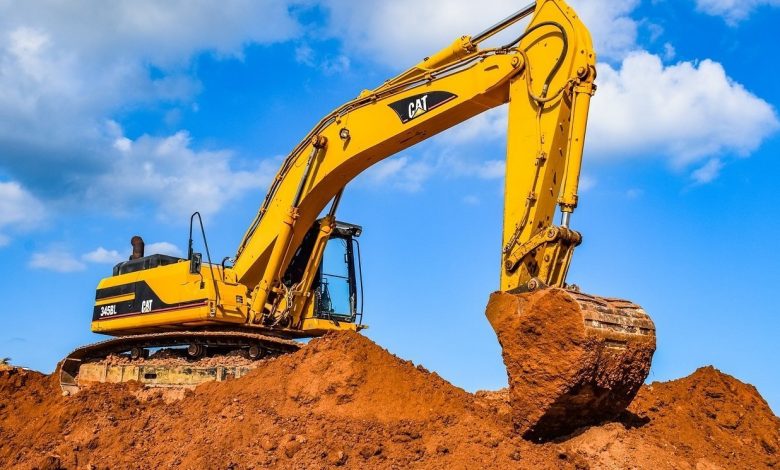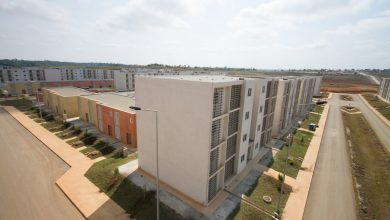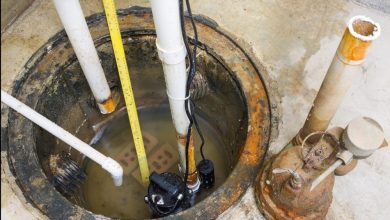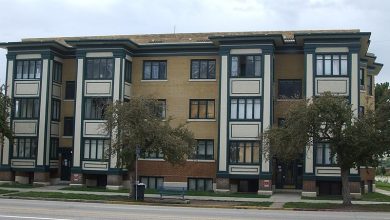Precise Location Information for Construction Equipment

GPS tracking for construction equipment can benefit your company by increasing efficiency and reducing costs. There are several reasons why this is an attractive option for contractors and others in the construction field. First, the technology has been around for quite some time, but only recently has it become feasible to install without the expense of new hardware and labor. Second, by purchasing a GPS tracking system for your equipment now, you will save thousands of dollars over the next three years compared to buying a new design and training your employees on how to use it. This article is intended to help you decide if this type of investment makes financial sense for your company.
Many employers have found that GPS tracking for construction equipment helps them improve their business practices. For example, companies that operate small fleets of trucks and vehicles can benefit from using this type of technology. Because tracking devices are mounted on the cars, they are easily recognizable as to where they are located. As a result, you can quickly find each vehicle as soon as it leaves your lot, allowing you to reroute drivers to their proper route or meet up with other drivers on the way to work. This reduces delays and increases efficiency. In addition, by alerting the drivers to their exact location when they receive a vehicle assignment, you can better ensure that all employees arrive on time, helping to maintain a high level of customer satisfaction.
Other benefits to consider are that GPS tracking for construction equipment helps reduce accidents related to bad weather, which can cost your business money. Good weather conditions increase the likelihood of an accident due to poor visibility, causing drivers to make quick decisions that often lead to disaster. The invention of these systems allows you to make a more informed decision regarding your fleet and how to handle bad weather best. In addition, because you can immediately trace your driver’s movements using GPS tracking, you can take the actions necessary to avoid incurring significant expenses in person-hours to repair damaged vehicles or pay for insurance claims related to employee negligence. Finally, because the technology improves your company’s function, you will notice enhanced customer service and profitability.
By using a GPS tracker, you can keep track of your construction equipment. This is particularly useful in the case of long periods of movement, such as when materials are moved in bulk. You can set up a system that will notify you when a particular piece of equipment is being moved, allowing you to reroute the workers and avoid delays. Furthermore, the GPS tracker can tell you which assets are in good condition, allowing you to send only the appropriate people to service the equipment. As a result, you will be able to complete the tasks promptly without unnecessarily wasting your resources and cutting corners on work. These benefits are significant when you consider that some construction projects last months or longer, requiring a great deal of equipment and supplies.
In addition, the use of GPS equipment tracking can help you cut down on theft. Thefts of construction tools and equipment increase during busy periods, causing financial strain on the business. However, using a tracker, you can monitor the locations of the most vulnerable assets, making it possible to replace them when they are stolen quickly. Additionally, the tracker can help prevent damage to the property. For example, suppose a construction worker trips over a loose plank of wood while working on a project. In that case, the tracker can immediately alert security personnel, attempting to recover the equipment.
Another benefit of GPS tracking equipment is that it provides real-time access to information related to your job site. This includes such details as traffic conditions and the condition of roads, which may affect the amount of time required to load materials or safely remove them. If you have a line employee working in a vulnerable spot, the tracker’s real-time data can help identify the problem so that steps can be taken to address it. Additionally, the tracking data can help you determine how best to divide your personnel between two or more project sites, which can help reduce labor costs.
Although the benefits of GPS tracking for construction equipment are clear, you may find that some of the requirements are not something you were initially aware of. It is vital to ensure you have a compatible receiver and logger that meets your industry standards. Moreover, you need to ensure that you can receive real-time alerts. Many sensors provide warnings via email or text message, making it possible for you to respond quickly to issues rather than spend valuable time checking the system.
There are many benefits associated with using a rugged, reliable, solid GPS receiver and logger, making it worthwhile if your needs meet the criteria. In addition, you can expect robust performance, high sensitivity, fast data transmission rates, and the ability to receive pertinent diagnostic data from any location at any time. This means that you can always be ready to act to address problems, no matter where they may occur. In addition, you can also expect exceptional value for money, as these systems typically offer a one-off installation fee and lifetime maintenance agreement.






